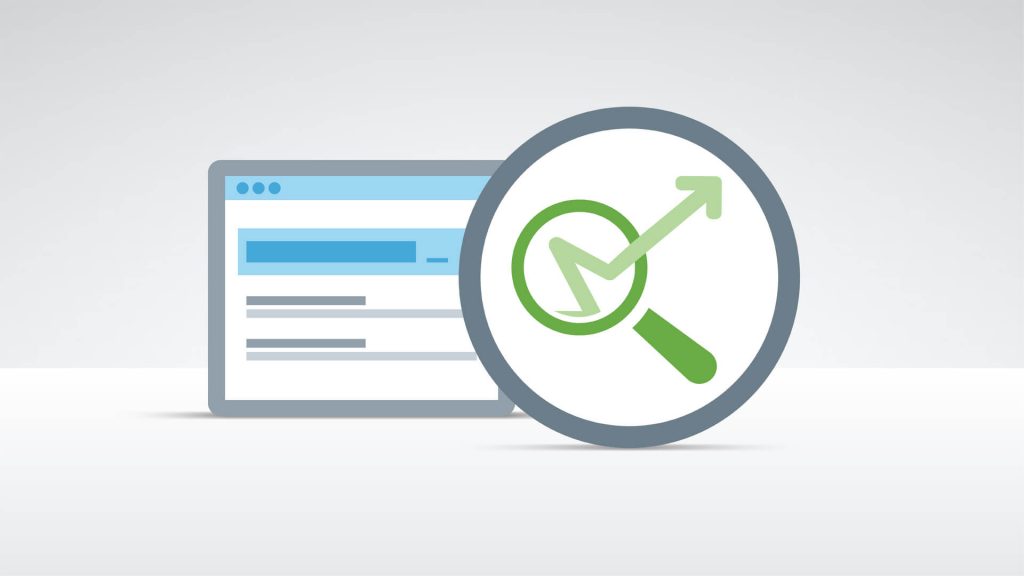
Understanding the importance of domain age
A domain name’s merits may be measured by a variety of factors. One of these is the age of a domain name, which may reveal both good and bad aspects of the domain. We’ll go over some of the reasons why domain age can be important to you in this article, along with instructions on how to find domain name age.
Know more about Domain Age Lookup Tool
What is domain age?
The amount of time that has passed since a domain first went online is its domain age. A website’s original birthday is the date that Google’s automated system records its first inspection. Although it is frequently expressed in years, domain age is also sometimes provided in days. One of the many elements that go into evaluating a domain name’s general value is its age.
Why should you look up a domain name’s age?
If you’re thinking about purchasing a domain name from the market, domain age might be a key indicator for evaluating the credibility and history of the domain. Here are a few explanations why you would want to make sure:
1. Older websites tend to have a list of hyperlinks and an archive of content availability. An essential factor in evaluating a domain’s reliability is the number of links going toward it. Older domains often have a greater amount of links heading toward them.
2. Older domains typically have a Domain Authority that was previously created. This statistic (typically a measurement for comparing a single web page with other pages on the web) shows how search engines see a domain.
3. Although the age of a domain does not always indicate quality, it does suggest that it may have remained there for a sufficient period for people to interact with it over time (by posting comments and reviews online, building a track record, etc.). The domain name could be affected in the long run by this interaction, either positively or negatively.
Is it significant to check the age of a domain when it comes to SEO?
There is a widespread belief that SEO is unaffected by the age of a website or domain. In reality, it affects your search engine results indirectly. One ranking aspect that contributes is domain age. When content is reviewed against competitive pages on related subjects to determine where it should appear on search engine result pages (SERPs), domain authority is directly linked to how credible a page could be. Every previously employed domain will have a certain amount of power.
Along with figuring out how old the links are, you can use your competitor’s domain age to estimate their level of competitiveness. Crawlers for search engines employ a variety of characteristics, including authority, to evaluate value. This comprises the technical functioning of a website, hyperlinks and connecting domains, and page material, all of which are assessed to determine search engine placement. Older domains may still be helpful for SEO since they are likely to possess high-quality links that remain over time.



